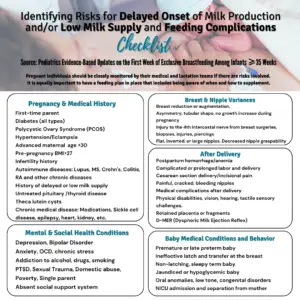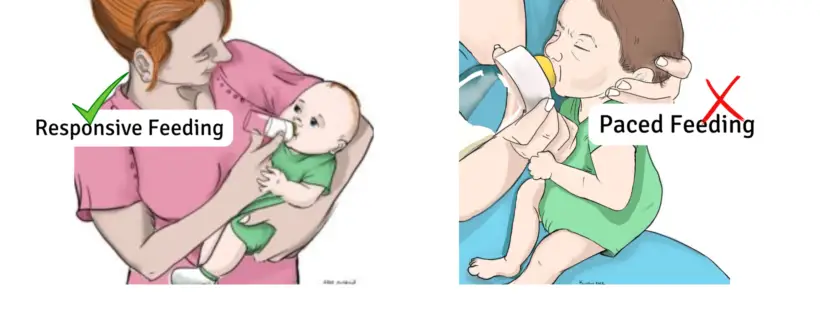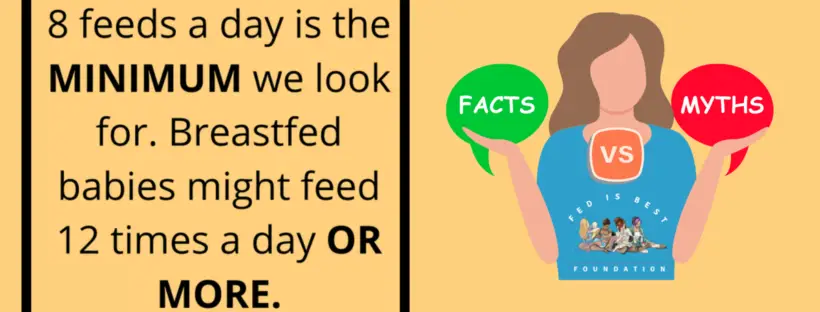by Jody Segrave-Daly, Veteran NICU/Nursery nurse, IBCLC retired and Cofounder of the Fed Is Best Foundation
The standard of care for most hospitals, especially those who are Baby-Friendly certified, is that mothers stay with their baby after birth in their room, 24 hours a day, which is known as rooming-in.
Baby Friendly’s recent blog says that mothers have choices about nursery care in their Baby-Friendly certified hospitals; but then they say babies SHOULD stay in the room, no matter how they are being fed. This statement gives parents mixed messages and implies they don’t really have a choice at all. In many hospitals, it is not just implied; nurseries have been eliminated outright.
“Regardless of whether a mother is breastfeeding or formula feeding, they should room-in with their newborn.”
According to the World Health Organization, rooming in began as a way to promote early breastfeeding and to encourage bonding. Step 7 of the Ten Steps to Successful Breastfeeding calls for hospitals to “enable mothers and their infants to remain together and to practice rooming-in 24 hours a day.”
Despite the WHO’s 2017 expert panel’s finding that 24/7 rooming-in was ineffective at promoting sustained breastfeeding after discharge (but recommended it any way) and published tragedies of harmed infants while rooming-in, The World Health Organization and UNICEF continue to include rooming in for healthy newborns in the Ten Steps to Successful Breastfeeding policy.
Since adopting the rooming-in policy, inexcusable consequences such newborn falls from parent beds and near deaths and deaths from accidental suffocation while breastfeeding or doing skin-to-skin care (known as Sudden Unexpected Postnatal Collapse or SUPC) have skyrocketed, highlighting the urgent need for families to have access to nursery care.






